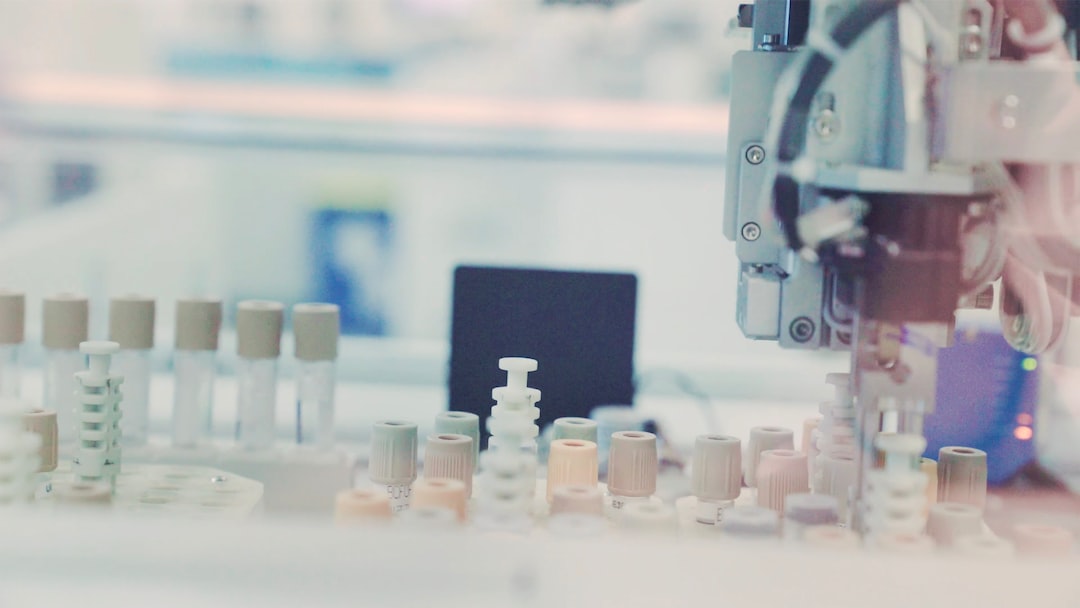The Future of Artificial Intelligence in Everyday Life
Artificial Intelligence (AI) has rapidly become an integral part of our lives. From voice assistants like Siri and Alexa to self-driving cars, AI is no longer limited to science fiction movies. The advancements we have witnessed so far are just the tip of the iceberg. The future of AI holds a multitude of possibilities that could completely transform the way we live, work, and interact with the world around us.
One area where AI is projected to have a significant impact is healthcare. With the ability to analyze vast amounts of medical data, AI can assist doctors in diagnosing diseases more accurately and in less time. It can detect patterns and correlations that humans might miss, leading to earlier detection and more effective treatments. AI-powered robots can even perform surgeries with precision and efficiency, reducing human error and recovery time. Furthermore, AI can provide personalized medical recommendations based on an individual’s genetic makeup and lifestyle choices, empowering people to lead healthier lives.
Education is another field that is expected to be transformed by AI. Intelligent tutoring systems can adapt to individual learning styles, pace, and needs, providing personalized instruction. AI can analyze learning patterns, identify strengths and weaknesses, and suggest targeted learning materials. This not only enhances the learning experience but also ensures that students receive the support they need to succeed. Additionally, AI can automate administrative tasks, freeing up teachers’ time to focus on personal interaction and mentorship.
AI is set to revolutionize transportation, making it safer, more efficient, and environmentally friendly. Self-driving cars are already being tested by leading companies and are predicted to eventually replace the majority of vehicles on the road. AI technology can reduce traffic congestion by optimizing routes and predicting potential bottlenecks. It can also improve fuel efficiency and reduce emissions by intelligently controlling engine performance. Moreover, AI can enhance transportation infrastructure management, allowing for real-time monitoring and maintenance.
The integration of AI into our homes is well underway, with smart devices becoming increasingly prevalent. From controlling lights and thermostats through voice commands to smart security systems that can differentiate between family members and potential intruders, AI is making our homes safer and more comfortable. As AI technology develops further, our homes will become even smarter. Imagine a home that can anticipate our needs and preferences, adjusting the environment just the way we like it, or a refrigerator that can automatically reorder groceries when they run out. The possibilities are endless.
The workplace is no exception when it comes to AI integration. Automation has already revolutionized industries such as manufacturing and logistics, but AI has the potential to go beyond repetitive tasks. Intelligent virtual assistants can handle customer inquiries and provide personalized recommendations. AI algorithms can analyze vast amounts of data to identify trends and predict market changes. This enables businesses to make informed decisions, enhance productivity, and deliver improved customer experiences.
While the potential of AI is vast, it also raises ethical concerns that need to be addressed. As AI becomes more autonomous, issues related to privacy, security, and accountability arise. Striking the right balance between technological advancements and ethical considerations will be crucial for a harmonious coexistence with AI.
In conclusion, the future of AI in everyday life is both exciting and promising. It holds the potential to transform various aspects of our lives, from healthcare and education to transportation and homes. With its ability to analyze data, learn from patterns, and make predictions, AI has the potential to enhance efficiency, productivity, and overall well-being. However, it is essential to ensure that AI is developed and implemented responsibly with ethical considerations at the forefront. As we move forward, AI has the potential to shape a better future for all of us.

